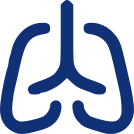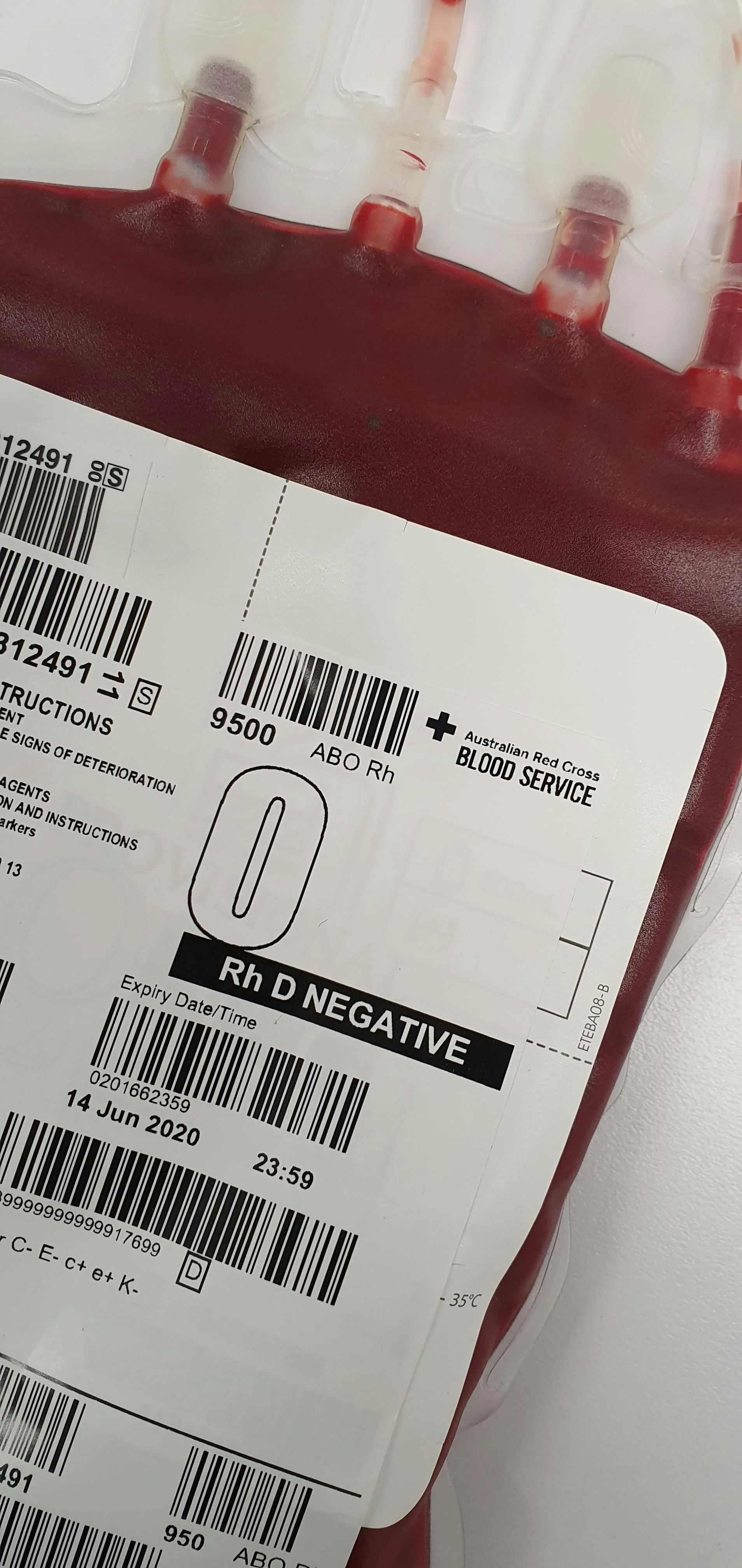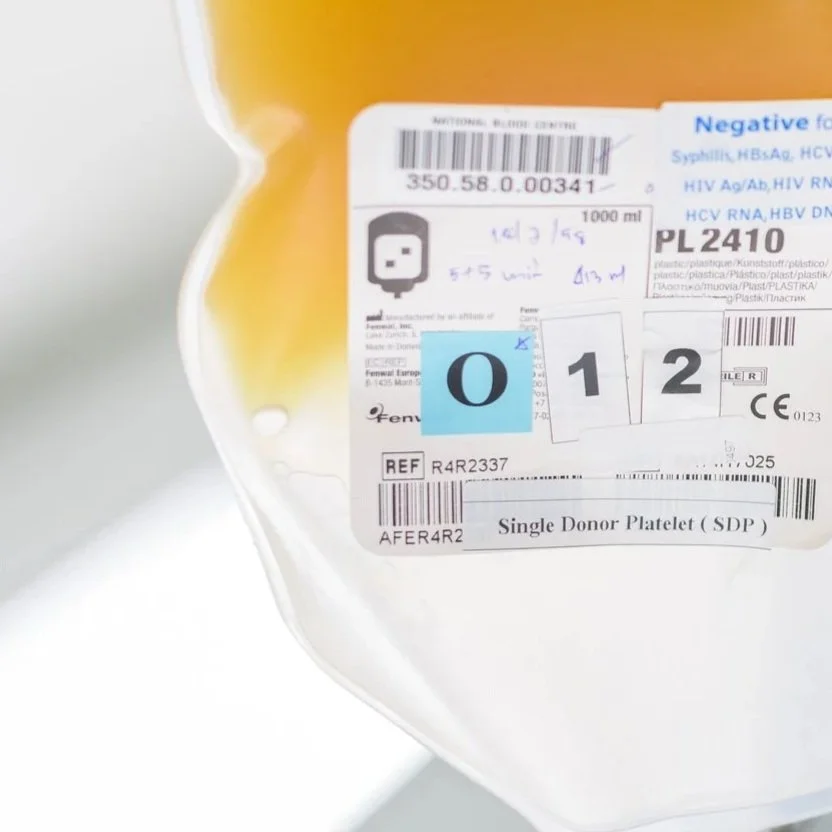
Understanding your health
Neutropenia, myelosuppression, anaemia… we’re here to help you understand what this all means.
THIS WEBSITE DOES NOT PROVIDE MEDICAL ADVICE
No material on this site is intended to be a substitute for professional medical advice, diagnosis or treatment. Always seek the advice of your physician or other qualified health care provider with any questions you may have regarding a medical condition or treatment and before undertaking a new health care regimen, and never disregard professional medical advice or delay in seeking it because of something you have read on this website.The effects of cancer therapy on healthy cells
Cancer therapies, like chemotherapy, are designed to kill fast-growing cancer cells, but they often unintentionally harm other fast-growing, healthy cells, especially those in the bone marrow. The bone marrow is like a factory that constantly produces your three main types of blood cells.
When this factory is suppressed, you can experience a drop in your blood cell counts, which can lead to three main issues:
Neutropenia
White blood cells are your immune system's soldiers. A drop in their count means your body has a harder time fighting infections, putting you at risk of serious illness.
Anaemia
Red blood cells carry oxygen. A low count means less oxygen gets to your body's tissues, leading to common symptoms like severe fatigue, weakness, and feeling short of breath.
Thrombocytopenia
Platelets help your blood clot. A low count can make you bruise or bleed more easily, even from minor cuts, or cause nosebleeds or bleeding gums.
Neutropenia
In addition to killing cancer cells, chemotherapy often damages the bone marrow where white blood cells are produced, impairing their ability to produce neutrophils. Your lowest number of neutrophils often occurs 7-14 days after chemotherapy is given.
What effects can neutropenia have on me?
Without enough neutrophils, you body cannot respond properly to germs which can result in:
Infections Often identified via a fever or a general feeling of illness. If you have a very low number of neutrophils and a fever this is called febrile neutropenia.
Mouth ulcers & sore throat: Excessive bacteria in the mouth can, cause sores and pain.
Skin infections: Small cuts or irritations can become infected.
How is neutropenia and febrile neutropenia treated?
The treatment for neutropenia and febrile neutropenia depends on how likely it is to occur due to your treatment and your overall health. Treatment options may include:
Injections of growth factors that tell your body to make more infection-fighting neutrophils
Your doctor may adjust the dose of your treatment to reduce its toxicity
If you develop a fever alongside low neutrophils you will be given antibiotics
How to reduce the occurrence and manage febrile neutropenia?
There are a number of things you can do by yourself and with Liberty to help reduce your risk of febrile neutropenia
-
How your neutrophils respond in the first few weeks of treatment is closely linked to your chance of developing febrile neutropenia.
How Liberty can help
Your nursing team will be able to monitor your neutrophil counts. If your neutrophil count becomes very low for a long period of time and you’re not already receiving growth factors, this may prompt your treating team put you onto them.
-
Wash your hands often, wear a mask in risky or public settings, avoid crowded areas and anyone who is sick.
How Liberty can help
Monitoring with Liberty allows you and your nursing team to better understand the health of your immune system health and to plan activities accordingly.
-
Look out for fever above 38ºC, chills or sweats, sore throat, cough, or new pain, and contact your nursing team immediately.
How Liberty can help
Tests results from Liberty will help your nursing team to decide how best to support you. An improved understanding of your immune system may help avoid unnecessary travel to hospital. If there are any concerns, your nursing team will be able to quickly triage you for further support.
-
Take medications such as growth factors or antibiotics exactly as instructed. Stay up to date with doctor-approved vaccinations.
How Liberty can help
Growth factors are designed to boost your immune system to reduce your chance of developing febrile neutropenia. Testing with Liberty can help your nursing team understand how well your medications are working and risk profile.
-
Avoid raw or undercooked foods like sushi, rare meats, and unpasteurised dairy. Wash your fruits and vegetables thoroughly or cook them. Avoid street food or buffet-style as hygiene may be uncertain.
-
Avoid smoking and drinking
Anaemia
Many chemotherapy drugs are designed to kill rapidly dividing cells, which include cancer cells. However, they can also affect other fast-growing healthy cells in your body, such as those in your bone marrow which produce red blood cells. This can result in a lower-than-normal red blood cell count and haemoglobin, causing anaemia.
What effects can anaemia have on me?
The symptoms of anaemia are largely due to your body not getting enough oxygen. You might experience:
Fatigue & weakness: You may feel unusually tired and lack energy.
Shortness of breath: You might feel breathless even when resting.
Headaches: You may have frequent or persistent headaches.
Cold hands & feet: Due to reduced oxygen supply to your extremities.
Pale skin: Your skin, lips, or eyelids may appear paler than usual.
Dizziness or lightheadedness: Especially when standing up quickly.
Rapid & irregular heartbeat: Your heart may work harder to pump blood around your body.
The treatment for chemotherapy-induced anaemia depends on how severe it is and your overall health. Treatment options may include:
How is anaemia treated?
If your anaemia becomes too severe you’re likely to be provided with a red blood cell transfusion
If you are found to be iron deficient, iron may be prescribed to help make haemoglobin.
Your doctor may adjust the dose or schedule of your chemotherapy to allow your bone time to recover.
How to reduce the occurrence and manage anaemia?
Whilst anaemia is not always preventable, there are a number of things you can do by yourself and with Liberty to help reduce your risk of anaemia and manage it.
-
Your red blood cells last for much longer than other cells and therefore anaemia can be slower to appear than other low blood counts. Monitoring of haemoglobin over time can be important to identify anaemia and allow for appropriate treatment.
How Liberty can help
Liberty allows for monitoring of haemoglobin. If you’re found to be anaemic, it allows your nursing team and treating team to further review and if necessary create a treatment plan.
-
Focus on nutritious foods that are easy to digest. A healthy diet supports your overall well-being.
-
Rest when you feel tired. Prioritise sleep and take naps if needed.
-
Drink plenty of fluids, unless advised otherwise by your healthcare team.
-
Light exercise can sometimes help with fatigue, but always discuss this with your healthcare team first. Do not push yourself if you feel too tired.
Thrombocytopenia
Chemotherapy has a significant effect on the bone marrow, where platelets are produced. As the bone marrow slows or stops production, the number of platelets drop. This can happen within days to weeks after treatment, but is usually not permanent. Thrombocytopenia is a condition where there is a low amount of platelets that allow blood to clot. Without them, your body will not be able to stop bleeding when cut or injured.
What effects can thrombocytopenia have on me?
The condition can have a range of effects, mostly related to bleeding and bruising:
Increased bleeding risk Easy bruising, prolonged bleeding from cuts and injuries, bleeding gums, nosebleeds, and heavy menstrual bleeding.
Petechiae or purpura: Tiny red or purple dots on the skin (petechiae) or larger flat purple patches (purpura) caused by leakage of blood from small vessels under the skin.
Internal bleeding: A rare but severe complication that can lead to blood in urine, headaches, confusion, or abdominal pain.
How is thrombocytopenia treated?
Thrombocytopenia is treated based on its severity. Treatment options may include:
If platelet levels become extremely low, you’ll be given extra platelets via a transfusion.
Thrombopoietin receptor agonists stimulate platelets production and are given by injection.
If your platelets don’t recover as expected, a lower dose of treatment may be used.
How to reduce the occurrence and manage thrombocytopenia?
Although thrombocytopenia is managed by your healthcare team, you can take proactive steps to reduce the impact and lower the risk of complications:
-
Monitoring of platelet counts over time can be important to identify thrombocytopenia and allow for appropriate treatment.
How Liberty can help
Liberty allows for simple monitoring of platelet counts. If you’re found to have thrombocytopenia, it allows your nursing team and treating team to further review what’s happening and if necessary create a treatment plan.
-
Report signs of bleeding in your gums, nose, urine, and bruising.
-
Use a soft toothbrush for relief on the gums, electrics razors to avoid blades, wear shoes indoors to prevent injuries, avoid contact sports.
-
Nutrition is important for recovery, Vitamin B12 (eggs, fish, dairy), leafy greens, iron (lean meat, beans), Vitamin C (berries, citrus), and stay hydrated.
-
Do not take medications like aspirin, ibuprofen, or herbal supplements (turmeric), avoid alcohol as it can suppress bone marrow.


























